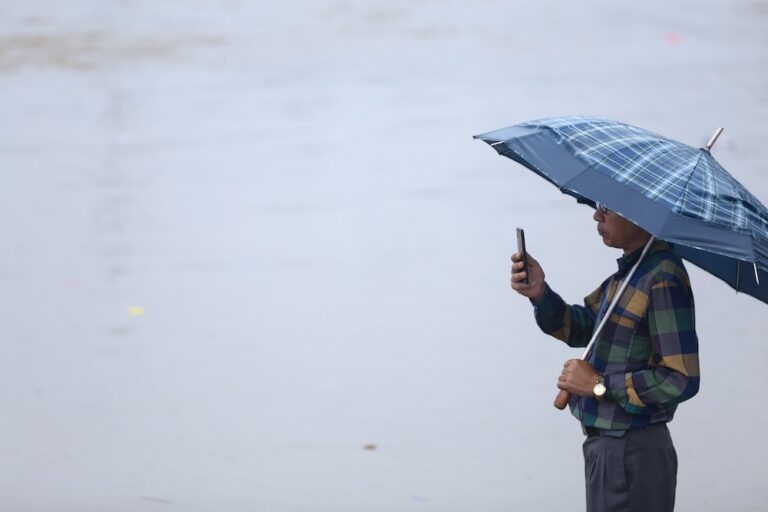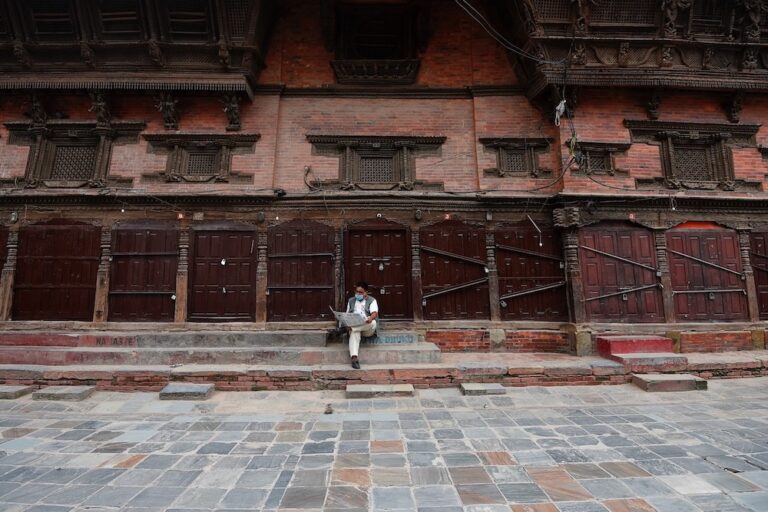(CEHURDES/IFEX) – The following is a 3 May 2002 CEHURDES press release: Situation of Journalists and Media Freedom The Nepalese year 2057 (mid-April 2001 to mid April 2002) was extremely tragic for all Nepalese. From the viewpoint of media freedom, as well, the year was seen as the worst in recent years. Hundreds of journalists […]
(CEHURDES/IFEX) – The following is a 3 May 2002 CEHURDES press release:
Situation of Journalists and Media Freedom
The Nepalese year 2057 (mid-April 2001 to mid April 2002) was extremely tragic for all Nepalese. From the viewpoint of media freedom, as well, the year was seen as the worst in recent years. Hundreds of journalists were detained. Some were even tortured by the state, as well as non-state actors, during the year. The Royal massacre, increasing intensity of the Maoist violence and the imposition of a “state of emergency” posed the most serious threats to media freedom.
In total, 35 incidents of attacks have been recorded, involving 34 journalists during the year 2056 (mid April 2000 to mid April 2001). Seven incidents of threats and 13 incidents of harassment and misbehaviour against media persons were recorded.
This year became more tragic for Nepalese people and journalists too. There is no word to describe the trauma and tragedy of the Royal massacre. It has hurt all Nepalese people and will continue to affect them for many years to come. It was bound to invoke an emotional response but the Nepalese media played only an observatory role during the crisis. Immediately after the massacre, Yubaraj Ghimire, editor of the country’s largest Nepali language daily “Kantipur”, managing director Kailash Shirohiya and Binod Raj Gyawali, director of Kantipur Publications (P) Ltd. were arrested on 6 June 2001 on charges of treason under the 1989 Offence Against State Crime and Punishment Act. The treason charges were based on the publication of an article written by Dr. Baburam Bhattarai, leader of the underground Communist Party of Nepal (CPN- Maoist) on “Kantipur”, which was published right after the massacre. The individuals were released on 15 June 2001, after appearing in Special Court. The case was withdrawn by the government.
With the declaration of the “state of emergency” on 26 November 2001, the government suspended important civil rights, including press and publication rights, the right to freedom of opinion and expression and the right to information, excluding habeas corpus provisions, in accordance with Article 115 of the Constitution. During this period, the government issued instructions categorizing 13 points describing news and reports that could or could not be published during the “state of emergency” period. It also quietly formed a “special cell” to monitor published news materials in newspapers and posted items on the web related to security matters. In addition, the government asked the media to publish news items on the “police and armed police”, only after verification by the Ministry of Home Affairs spokesperson. Similarly, the Defense Ministry issued statements stating it was not permitted to publish news materials on military actions and security without verification from Ministry authorities and military sources.
After the declaration of the “state of emergency” on 26 November 2001, the security forces arrested more than 100 journalists all across the country. The security forces claimed that the arrested journalists were involved with the Maoist movement in different ways. Among those arrested, more than two dozen journalists are still in detention, without any official charges having been filed against them in court or with any other agencies. Some journalists were reportedly tortured during the detention. Most were blindfolded and taken to unknown locations after their arrest. The authorities misbehaved and treated some of them very badly. In some cases, the security forces arrested journalists and took them to undisclosed places after blindfolding them and kept them under secret custody as criminals. According to Shyam Shrestha, editor of Mulyankan monthly, “they were given ordinary soldiers’ meals and sleeping bags to spend the dark nights in. Their hands were tied with ropes that were untied only while sleeping or while going to the toilet.” Shrestha was arrested by the security forces on 16 March 2002 from Tribhuvan International Airport while he was traveling to India.
Since the Maoist movement erupted in Nepal in February 1996, people have been deprived of their basic rights. They are facing several challenges from the authorities, security forces, Maoists and civil society. The number of human rights violations and cases of abuse is increasing with each passing day. The human rights situation is deteriorating and innocent people are suffering from atrocities by both sides. During the six-year-period, more than 3,000 people have been killed in insurgency and counter-insurgency actions undertaken by the Maoists and the security forces. More than 500 lives have been lost after the declaration of the “state of emergency” alone. Both the government and the Maoists seem to not be serious about saving people’s lives and promoting human rights and civil liberties.
The Center for Human Rights and Democratic Studies (CEHURDES) has been monitoring the situation of journalists in the country and publishing an annual report regularly since 1997. Initially, reports were published under the personal capacity of CEHURDES General Secretary Shobhakar Budhathoki for the first two years.


